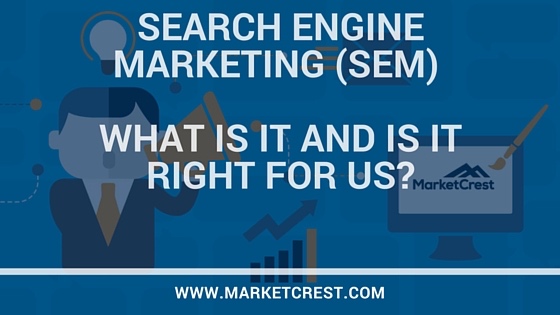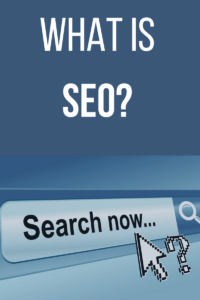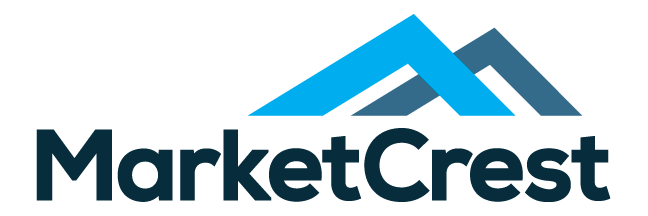
Attracting visitors to your site is absolutely necessary, but it’s harder to do than you might think. As search marketing becomes more and more widespread, your competition is increasing every day. What’s more, small companies have different challenges than big companies—and it isn’t easy for either one.
When someone types a word into a search engine, sees a page listed from your site, and clicks through to visit your site, you have attracted a searcher. If you do nothing at all, searchers might still find your site. To maximize the number of searchers coming to your site, however, you must take specific actions to attract visitors to your site, otherwise you risk invisibility. This is what SEM (SEO & PPC) is all about—overcoming invisibility.
What is SEM?
The process of search marketing is called SEM (search engine marketing). Essentially there are two different types of search with which marketers are concerned. These types of search are unpaid search and paid search, often called pay-per-click (PPC).
The process of paying for search involves paying for advertising that show up on the top or the side (and sometimes the bottom) of the Search Engine Results Page (SERP). This type of search marketing is called paid search because the advertiser pays the website hosting the advertising money every time someone clicks on an advertisement.
Display advertising has been around for ages, so why has a newcomer such as paid search been outselling it since 2003? For the same reason that cowboys wear spurs: because they work. Paid search is thought to be more like direct-response advertising than display is, and direct-response advertising is thought to work.
Search advertisers believe that customers who see their ad soon after they have evidenced interest by searching for some topic will be more responsive. They regard seeing a display ad as a passive experience, often devoid of intent or even interest.
What are the Benefits of SEM?
- SEM connects qualified leads directly with your business.
- Strategy changes based on results are much easier to put into action, businesses are able to stretch money further when digital marketing is working effectively.
- Any size business can see revenue increases for a fraction of traditional advertising budgets.
- Search engine marketing is a more scalable way to reach customers than outbound marketing.
- Results are easy to track and thus measure ROI.
What is SEO?
The unpaid type of search is known as organic or natural search and the process of getting ranked “naturally” is known as search engine optimization (SEO). This SEO process involves an understanding of what is known as a search algorithm. An algorithm helps the search engine decide which pages come closest to which queries on the Internet.
 The natural or organic search results show up below and to the left side of the advertisements on the search engine results page. One of the latest developments is that Hummingbird has made it more difficult for smaller companies to show up in search results because of an increased emphasis on corporate branding.
The natural or organic search results show up below and to the left side of the advertisements on the search engine results page. One of the latest developments is that Hummingbird has made it more difficult for smaller companies to show up in search results because of an increased emphasis on corporate branding.
Increasingly you might see results from larger companies because they have a stronger brand. Another change is the emphasis on ‘semantic’ or ‘conversational’ search. However, the basic principles of SEO remain in tact.
There are many factors that result in ranking high in natural search and while the basic principles remain fairly constant it is important to stay abreast of algorithm changes across all platforms. The basic idea behind organic search for a company is still what has been emphasized is that you must have a good idea of who the company is to choose the right keywords for web landing pages and therefore to be found by search engines when users are looking for your type of product or service.
Increasingly, especially if you are logged in to your Gmail account while searching, you will see results in search that are specific to you; no longer will everyone see the same results but you will see results dependent upon your most recent searches. The content on the site is emphasized more and more frequently and it is less important to have lots of inbound links and more important to have relevant ones.
For organic search, a number of other factors are important in terms of rankings. People typically do not go beyond that first page for search results so it is important to rank highly. In addition to keywords mentioned above, other important factors are the content on the site and the authority on the site.
Authority is established through inbound and outbound links to the site, suggesting that the information is relevant to a number of users. Authority is also established by the type of site. Those sites that are associated with educational institutions (.edu) often rank highly in organic search because of their domain authority.
What are the Benefits of SEO?
- The ability to bring in a significant volume of consumers on a wide range of search terms at a highly effective cost per visit.
- Increased traffic to your website helps to build brand awareness.
- SEO leads have a nearly 15% close rate, while outbound leads have only 1.7% close rate (Search Engine Journal).
- As more and more people visit your site, you’ll be able to refine your sales process and increase your conversion rate.
- SEO for mobile is under-utilized, due to the number of sites not being optimized for mobile devices and the search engines becoming increasingly aware of this. An effectively planned and implemented mobile SEO campaigns can be one of your most important business drivers.
- The more prominent your website is, the less prominent your competitors’ websites will be, as there are a limited number of spaces on that first page; therefore your share of voice is increased.
Why SEM?
Readiness to buy is one of the most basic reasons to spend your scarce marketing budget on search: 89% of those online use search engines to look for information about brands and products. Lest you think that not enough people are online for search marketing to be worth your while, note that total Internet users passed the seven billion mark worldwide in 2012.
As simple as it sounds, your customers are online, and they use search to buy. Make no mistake, your site must be found by these searchers who are ready to buy. Contact us to learn more about attracting visitors and converting them to leads.
About MarketCrest:
MarketCrest is a Marketing & Consulting Services firm focused exclusively on strategies that drive revenue growth. Simply put, we exist to help you compete and grow and we expect to be held accountable for your improved performance.
MarketCrest provides SEM (SEO & PPC) and Content Marketing Services for clients. Learn more, and receive a free 1-hour consult with a marketing strategist.






